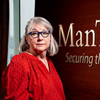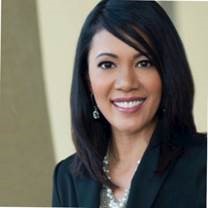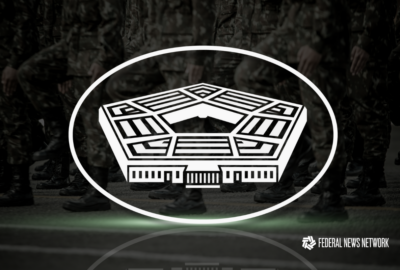JJ Green is the National Security Correspondent at WTOP radio. He reports daily on international security, intelligence, foreign policy, terrorism and cyber developments and provides regular on-air analysis.
He joined WTOP on March 11, 2004. In the years since then, he has traveled to dozens of countries investigating, reporting and analyzing the U.S. war against terrorism and has interviewed the leadership of all the key national security components of the U.S. government and many security and foreign government officials around the world.
He hosts the weekly podcast, Target USA, which examines the threats facing U.S. He also hosts the weekly broadcast program “The Hunt,” and conducts in-depth interviews with experts on ISIS, al-Qaida, the Taliban and other emerging terror threats.
He’s been embedded with the U.S. military three times in war zones. He has reported from Kandahar, Zabul province and Kabul in Afghanistan. While embedded with the U.S. Air Force in 2006, he traveled 18,000 miles, to 10 countries, including Iraq, Djibouti, Afghanistan, Qatar, Kuwait, Kyrgyzstan, Turkey and others in 31 days, covering the war effort.
He has traveled to Israel, the Golan Heights, Israel’s borders with Syria and Lebanon, and Gaza. He interviewed Israeli and Palestinian political officials about the conflict there and the prospects for peace, and the roadblocks. Since 2013 he has spent a lot of time in North Africa, covering the rise and fall of ISIS and the flow of foreign fighters.
He is the recipient of the 2017 Gerald R. Ford Presidential Foundation award for Distinguished Reporting on National Defense for his series Anatomy of a Russian attack. He has also received a National Edward R. Murrow Award (2009) for “Hidden Hunter” — his reporting aboard a nuclear-powered, Los Angeles Class submarine underway in the Atlantic Ocean. He also won the prestigious Associated Press Douglas S. Freeman award in 2010 for his investigative series, “Dignity Denied,” which explored decades of neglect at America’s hallowed Arlington National Cemetery.
He has also won more than two dozen regional and local awards since he started working at WTOP. In 2012, he was honored by the University of Maryland, University College as their commencement speaker, in recognition of his broad body of national security reporting accomplishments. He has also been recognized by top national security officials for his deep knowledge of international affairs and ability to succinctly analyze complex issues.
In addition to his work at WTOP, JJ lectures regularly at universities and colleges on national security issues and speaks often to U.S. government, military and national security organizations. He is also a contributor to Jane’s Intelligence Review magazine.
Before joining team WTOP, he traveled to and reported on the events, issues, people and places of Africa, Latin America and Europe for the six years on public and international television. He began his career in Washington in 1989 at WMAL radio. In the mid-1990s he was trained as a TV correspondent at ABC News’ “Nightline.” Later he worked as a general assignment part-time correspondent at CNN. In the late 90s he was brought on at CSPAN as weekend host of the Washington Journal. In 1998, JJ began working as a correspondent for the Voice of America Television on Window on America and as host and correspondent of Africa Journal while traveling there frequently until he joined WTOP in 2004.
JJ graduated magna cum laude from Hampton University. He’s fluent in Spanish, speaks working level French and is studying Korean. An avid athlete, he is an accomplished speed skater, a regular runner, and swimmer, cross trainer and is an expert kickboxer.










